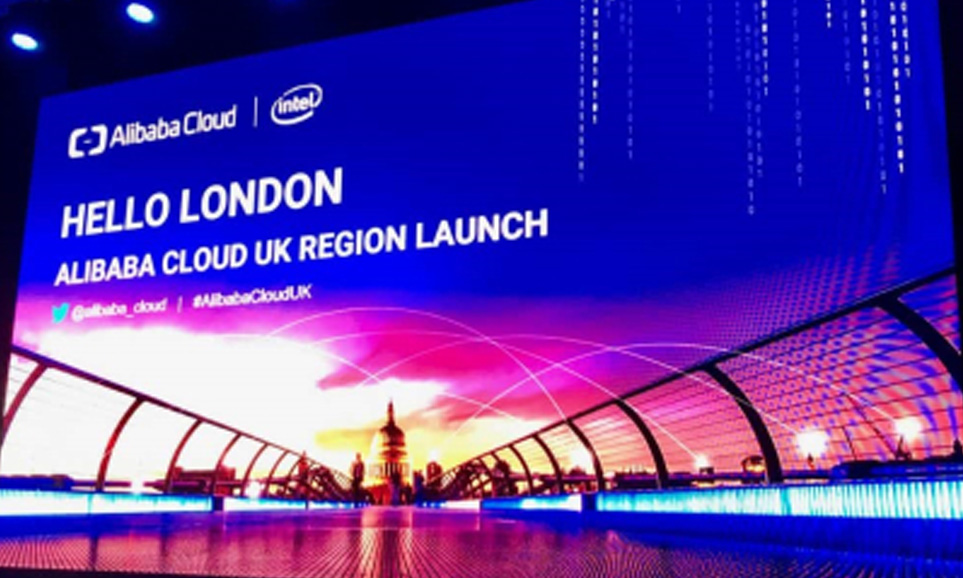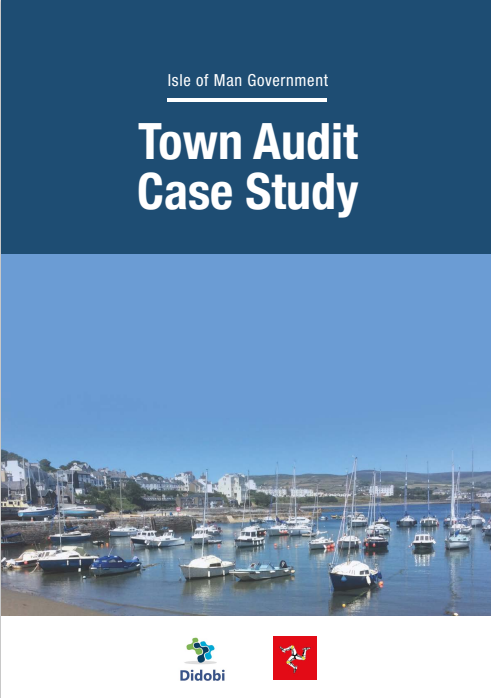
Is the East is evolving faster than the West – the story of Alibaba!
On 1st November I was fortunate to be attend the Alibaba Cloud launch for the UK in London. Essentially this was the ‘switching on’ of two data centres near Woking that create a significant extension to the Alibaba Cloud Services platform as the picture below illustrates.

But it was not the Cloud technology and services that grabbed my attention it was the Alibaba overall strategy and business model that I find fascinating and something that has yet to make an impact in the UK but perhaps 2019 will see that change! For many Alibaba is best known for its founder Jack Ma and for its annual Singles Day event on 11/11 which started just ten years ago and now sees 25bn Yen of sales in 24hrs. It was on the 4th April 1999 in the city of Hangzhou Alibaba was born. From then it has grown massively and its latest accounts to March 2018 report sales of 250bn Yen or just under $40bn. By contrast Amazon was founded 5th July 1994 and in 2017 had sales just under $178bn. Amazon’s net income was $3bn (2017) whereas Alibaba’s was just shy of $10bn in 2018. Two very different numbers!
TO MAKE IT EASY TO DO BUSINESS ANYWHERE
Jack Ma founded Alibaba ‘TO MAKE IT EASY TO DO BUSINESS ANYWHERE’ whilst Jeff Bezos founded Amazon “To be earth’s most customer-centric company; to build a place where people can come to find and discover anything they might want to buy online.” Again two very different mission statements and that is what makes Alibaba one to watch – from the outset it has set out to be a ‘multi trick pony’!
In 1999 there were just 20 million Chinese online which was a 1% internet penetration rate but in 2018 there are now 800 million which is approximately 57% penetration and the human population is growing at c.0.4% per year.
The interesting thing I learnt about Alibaba is that this all encompassing business mission means that it has a number of businesses alongside Alibaba including market places (Taobao and Tmall.com), entertainment businesses (YouKu – YouTube equivalent where over 180 million people watch the football World Cup), a browser and then local business services that book event tickets and travel (Alitrip.com and Koubei). They also have payment and financial services (Alipay), a logistics company (Cainiao), a marketing company (Alimama.com) and finally they have AlibabaCloud which not only supports all their services but has many external customers. The Alibaba Cloud is able to process 325,000 orders per second
This all encompassing offer means that the average Alibaba user visits their sites SEVEN times a day and spends an average of 27 minutes a day. This to my knowledge is wholly unique in the world. This equates to 165 hours a year!! One of the Alibaba team (UK employee) talked about buying some flowers from an elderly lady in China selling flowers on a bicycle and when offered cash she waved it away and brought out a phone to request payment by AliPay!!
Hema – a cashless supermarket
Alibaba even have over 50 (and rising) supermarkets called Hema where you cannot pay with cash, every detail about a product can be scanned via a barcode and if your order online then your order will be delivered within 30 minutes having been picked in store!

Hangzhou – a digital city!
Alibaba has invested significant time and money in its city of birth, Hangzhou, where the population is estimated to be close to 7 million people. The term Smart City has become a byword for any form or urban technology but ask someone to identify a city and how smart it is and then to what impact to its citizens then people struggle and understandably so as this is a relatively new concept globally. Alibaba appears to have done transformational things in Hangzhou where it handles 500 traffic incident reports a day and has created e-government through consolidating 36.8 billion lines of data. It is a virtually cashless city where 95% of convenience stores and 98% of taxis are cashless. It has created intelligent healthcare where it has reduced waiting times by two hours across 700 million visits. Powerful numbers and does the West have any similar stories to tell?

What does Alibaba like about the UK?
In country launches aside it was interesting to hear from Alibaba what they like about the UK and this is what they said;
- The strength in trading relations between the UK and China which is reflected by the UK co-hosting a Import Expo in Shanghai this year
- The UK’s active eduction and start up eco systems
- UK’s early adoption of car technology
They talked of the UK being where ‘West meets East’ and Alibaba’s drive to partner with countries, brands and indeed everyone!
Retail challenges
Another area which they talked about was the challenges of retail and knowing your customer. They have first hand experience of this and said that they have 60 billion user IDs serving just 600 million customers so they have some way to go to getting to one customer one ID! A single customer view is what we all seek and when achieved this creates massive efficiencies and monetisation. They have a system called Retail O2O which is online and offline integration and this plays into a number of other ‘Business Transformation’ services not just in retail but in Finance, Logistics, Media, Manufacturing and the Internet of Things (IoT). They even have a bank, Alibaba Bank, where they only employ 100 operational people but employ thousands of data scientists. In the West we employ thousands of operational people and tens or hundreds of data scientists. A fundamentally different approach to banking. There speed in money lending is one week versus months in the West.
They work hard on Smart Logisitics where to declare that their demands forecasting is 80% accurate, they save 25% on delivery costs and are able to reduce inventory by 20%. All in all they are striving to create a more efficient and frictionless economy. The staggering numbers continued to flow;
- 2,000 denial of service attacks a day
- 360 million cyber threats a day
- the ability to detect threats in one second
- protecting and processing 1.48 billion transactions every 24 hours.
At the core of this lies ‘Data Intelligence’ and the lesson for us in the West is to understand the problems, efficiencies and innovations that we seek to deliver and then us the data and technology to help us get there. All too often we ask what can the technology do rather than how can the technology assist in solving a problem I have. Stepping back from your day to day business in order to do this is the biggest challenge we all face and hence why Didobi was founded and works with companies and organisations who want the challenge and support to realise the opportunity that data and technology present but also during this process realise that they can themselves adopt it. It is about marginal gains than thinking you can create a big win or spend time and money solving a problem that you never had.
‘You don’t have to be great to start, but you do have to start to be great.’ Jim Rohn
Finally, I would like to say that it is not all about technology if you are reading this thinking that you are not a techie and therefore what can you do. Jack Ma has always declared technological ineptitude and that is why he is where he is and why Alibaba has achieved what it has. How many leaders in the West have said something similar?
“Intelligent people need a fool to lead them. When the team’s all a bunch of scientists, it is best to have a peasant lead the way. His way of thinking is different. It’s easier to win if you have people seeing things from different perspectives.” Jack Ma
The sun rises in the East and sets in the West – is the same true of current global innovation?









Leave a comment: